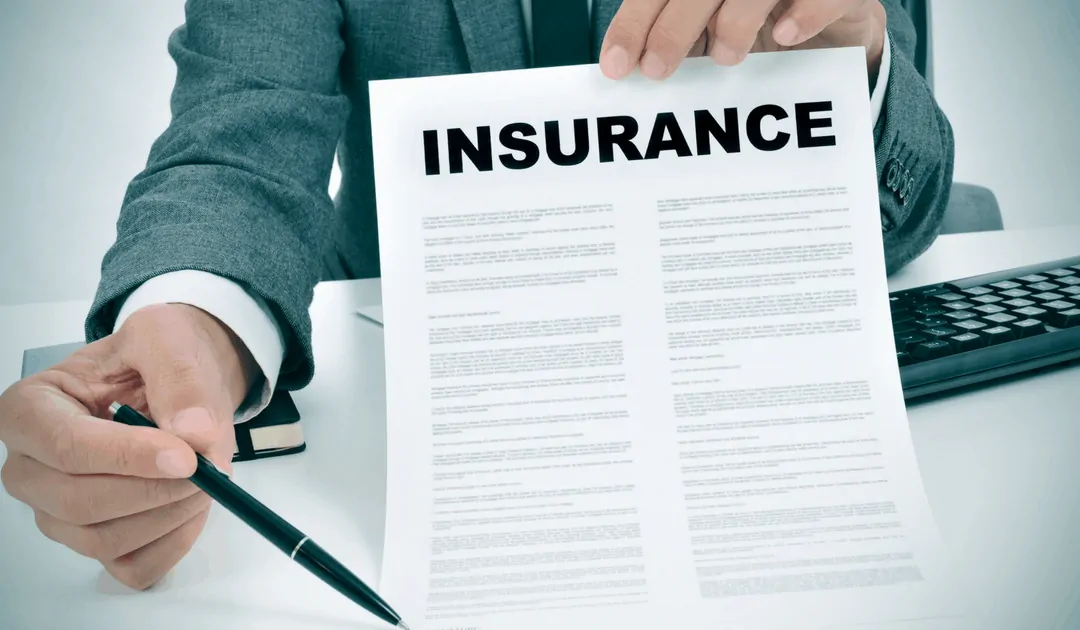Why Earthquake Insurance is Critical in High-Risk Areas

When it comes to safeguarding your property, earthquake insurance is a crucial but often overlooked component of property insurance, especially in areas prone to seismic activity. While many homeowners focus on protecting their assets from more common risks like fire or theft, the potential devastation caused by earthquakes necessitates a thorough understanding of why earthquake insurance is critical in high-risk areas. This article delves into the importance of earthquake insurance, the specific risks associated with earthquakes, and why property owners in high-risk areas should prioritize this type of coverage.
Understanding Earthquake Risks
Earthquakes are sudden and powerful natural events caused by the shifting of tectonic plates beneath the Earth’s surface. These seismic activities can lead to significant ground shaking, surface rupture, and even secondary hazards such as landslides and tsunamis. The impact of an earthquake can be catastrophic, resulting in substantial property damage, injuries, and loss of life.
1. High-Risk Areas
High-risk areas for earthquakes are typically located along fault lines or tectonic plate boundaries. Regions such as California, Alaska, Japan, and parts of South America are well-known for their seismic activity. However, even areas not traditionally associated with frequent earthquakes can experience unexpected seismic events.
2. Potential Impact
The potential impact of an earthquake includes structural damage to buildings, loss of personal belongings, and disruption of essential services. Earthquakes can cause buildings to collapse, disrupt infrastructure, and lead to substantial repair and rebuilding costs. The aftermath of an earthquake often involves a lengthy recovery period, further exacerbating the financial strain on affected property owners.
Why Earthquake Insurance is Essential
In high-risk areas, earthquake insurance becomes a critical component of property insurance for several reasons:
1. Standard Property Insurance Exclusions
Most standard homeowners insurance policies do not cover damage caused by earthquakes. This means that if an earthquake damages your home, you will have to bear the cost of repairs or rebuilding without financial assistance from your property insurance. Earthquake insurance provides coverage specifically for damages and losses resulting from seismic activity.
2. High Costs of Earthquake Damage
The costs associated with earthquake damage can be overwhelming. According to the Federal Emergency Management Agency (FEMA), the cost of repairing or rebuilding a home after an earthquake can run into the tens or even hundreds of thousands of dollars. Earthquake insurance helps mitigate these financial burdens by providing coverage for repairs, replacements, and other related expenses.
3. Protection for Personal Belongings
In addition to covering structural damage, earthquake insurance also protects personal belongings such as furniture, electronics, and clothing. Without earthquake insurance, you would need to replace these items at your own expense, which can be financially devastating, especially if the damage is extensive.
4. Coverage for Temporary Living Expenses
If an earthquake renders your home uninhabitable, earthquake insurance often includes coverage for temporary living expenses. This can include costs for alternative housing, food, and other necessities while your home is being repaired or rebuilt. This coverage can be invaluable during the recovery process, alleviating some of the immediate financial stress.
How Earthquake Insurance Works
Earthquake insurance policies are designed to provide specific coverage for damages resulting from seismic activity. Here’s how earthquake insurance typically works:
1. Types of Coverage
Earthquake insurance usually includes two main types of coverage:
- Structural Coverage: This covers damage to the physical structure of your home, including the foundation, walls, and roof. It also covers damage to attached structures like garages and decks.
- Personal Property Coverage: This covers damage to personal belongings within your home, such as furniture, electronics, and clothing.
2. Deductibles
Earthquake insurance policies often come with a high deductible, which is a percentage of the total insured value of your home. For example, if your policy has a 15% deductible and your home is insured for $300,000, you would be responsible for the first $45,000 of the repair costs before the insurance coverage kicks in. High deductibles are common in earthquake insurance due to the increased risk and potential cost of claims.
3. Exclusions and Limitations
It’s important to review your earthquake insurance policy for any exclusions or limitations. Some policies may not cover certain types of damage, such as landslides or tsunamis, which can be secondary effects of an earthquake. Understanding these limitations will help you assess your overall risk and ensure you have adequate coverage.
Why High-Risk Areas Should Prioritize Earthquake Insurance
For property owners in high-risk areas, earthquake insurance is not just a prudent investment—it’s a critical necessity. Here’s why:
1. Increased Risk
High-risk areas are more susceptible to frequent and severe seismic activity, making earthquake insurance a practical measure for protecting against potential damage. The likelihood of experiencing an earthquake in these regions is higher, and having insurance ensures that you are financially prepared for such events.
2. Potential for Severe Damage
The severity of earthquake damage can be extensive, ranging from minor structural issues to complete destruction. Earthquake insurance helps mitigate the financial impact by covering repair and rebuilding costs, which can be significant and overwhelming without insurance.
3. Peace of Mind
Having earthquake insurance provides peace of mind, knowing that you are financially protected in the event of an earthquake. This sense of security allows you to focus on other aspects of preparedness and recovery, rather than worrying about potential financial burdens.
Steps to Obtain Earthquake Insurance
To obtain earthquake insurance, follow these steps:
- Assess Your Risk: Determine if your property is in a high-risk earthquake zone and evaluate the potential impact of a seismic event.
- Contact Insurance Providers: Reach out to insurance providers that offer earthquake insurance. They can provide quotes, explain coverage options, and help you understand the terms and conditions of the policy.
- Review Policy Options: Compare different policies and coverage options to ensure that you select a policy that meets your needs. Pay attention to coverage limits, deductibles, and exclusions.
- Purchase and Maintain Coverage: Once you have selected a policy, purchase the coverage and review it periodically to ensure that it remains adequate as your property value or risk profile changes.
Conclusion
Earthquake insurance is a critical component of property insurance for homeowners in high-risk areas. While standard homeowners policies often exclude earthquake damage, earthquake insurance provides essential protection against the potentially devastating effects of seismic events. By understanding the risks, evaluating coverage options, and obtaining earthquake insurance, property owners can ensure that they are prepared for the financial impact of an earthquake, safeguarding their home and personal belongings against unforeseen and catastrophic events.









